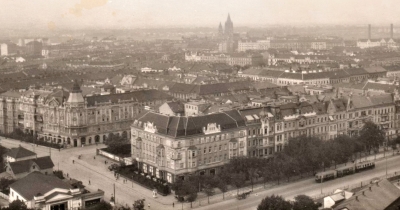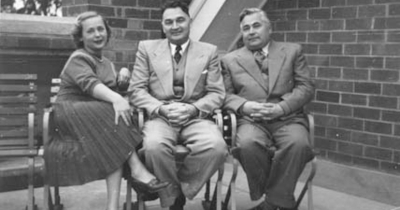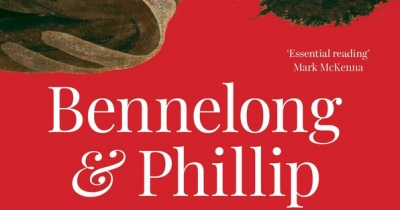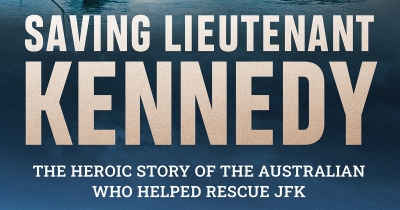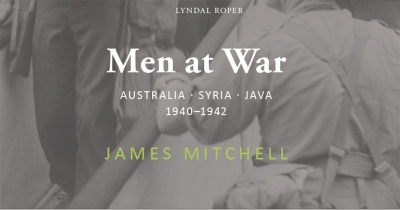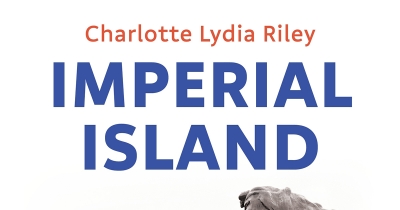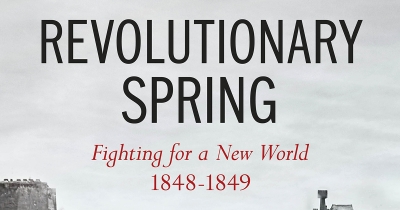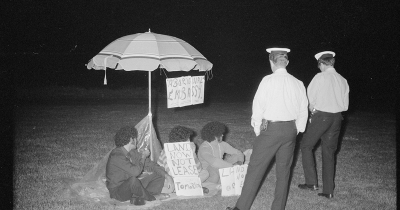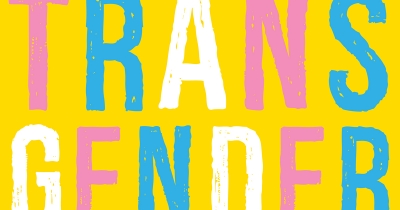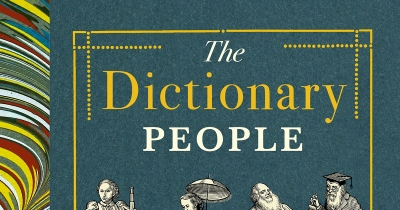History
Paul and Paula: A history of separation, survival and belonging by Tim McNamara
It was mid-afternoon when I turned a typewritten foolscap page from 1939 and found the name I had been searching for: Detective Sergeant Mischenko. The report was a pretty banal cry for resourcing. Poor Mischenko was doing the work of two detectives in Japanese-occupied Shanghai and desperately needed some assistance. On turning the page, I felt like Archimedes himself (though running through the US National Archives yelling ‘Eureka!’ might have been a touch dramatic). My journey to the suburbs in the middle of a clammy Washington DC summer had held no guarantees of finding this.
... (read more)Bennelong & Phillip: A history unravelled by Kate Fullagar
Saving Lieutenant Kennedy: The heroic story of the Australian who helped rescue JFK by Brett Mason
Men at War: Australia, Syria, Java 1940–1942 by James Mitchell
Imperial Island: A history of empire in modern Britain by Charlotte Lydia Riley
Revolutionary Spring: Fighting for a new world, 1848–1849 by Christopher Clark
The defeat of the proposal in the recent Aboriginal constitutional referendum was unsurprising given the forces at work, which I discussed in ‘A Referendum in Trouble’ (ABR, July 2023). Most importantly, it lacked the support of the Liberal and National parties once their leaders decided to oppose it, largely for partisan purposes.
... (read more)
